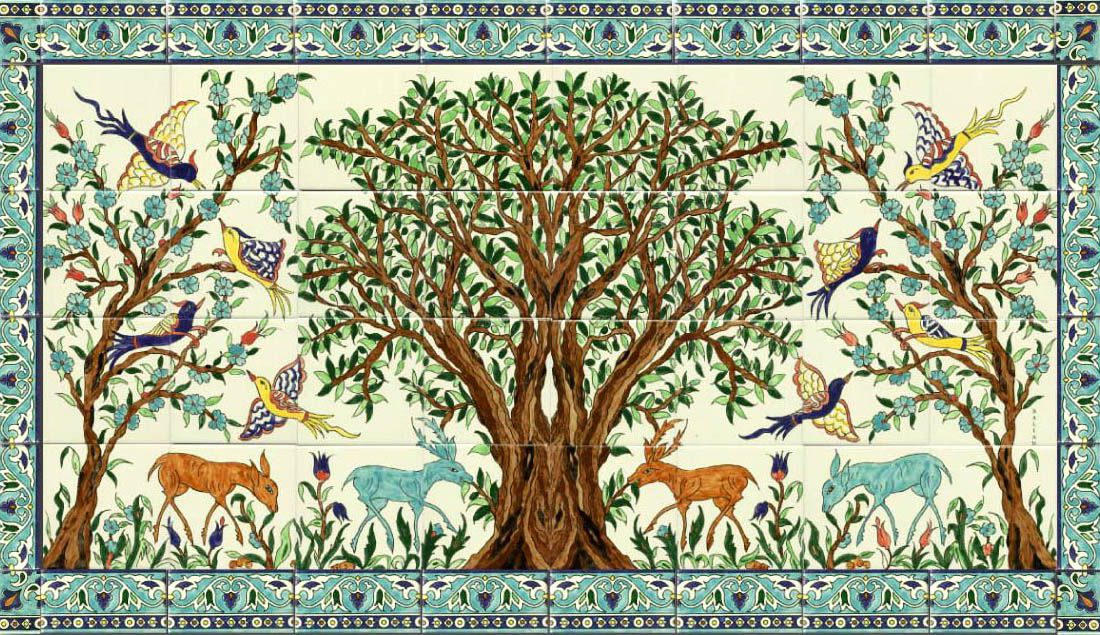A Season for the Oil of Chrism and Justice

Many of you are familiar with the Oil of Chrism that is used in Episcopal churches for baptisms, but some may be unfamiliar with how the Episcopal Church is simultaneously impacting communities. In this blog, hear from Peter Buck and Susan Sklar from Episcopal Relief & Development’s Fair Trade partner Equal Exchange about the making of the Oil of Chrism.
— Sean McConnell, Senior Director of Engagement at Episcopal Relief & Development
Every year on Tuesday in Holy Week, the clergy of the Episcopal Diocese of California gather at Grace Cathedral to renew their ordination vows and receive newly blessed oils for healing and baptism.
The oil they receive is the “Oil of Chrism,” a mixture of olive oil, cinnamon, cassia, calamus, and myrrh blended according to an ancient recipe prescribed in the book of Leviticus and prepared annually by the verger of Grace Cathedral, Charles Shipley. Priests receive two vials each year to be used in their congregations. Chrism for baptisms and Infirmorum for anointing the sick.
In March of 2016, when Mr. Shipley prepared the Oil of Chrism, one ingredient was different than usual. The olive oil in the mixture was organic and fairly traded, produced by small-scale Palestinian farmer cooperatives in the West Bank. Please enjoy this video featuring Mr. Shipley preparing last year’s batch of Oil.
The fairly traded olive oil is processed by the Palestinian Agricultural Relief Committee (PARC), a nonprofit organization that works with farmers and helps with overall technical assistance, water consultation and supply, storage facilities, quality control testing, and bottling. The organization also works with women and youth to promote viable and sustainable economic development.
Equal Exchange, together with the CRS Ethical Trade program, Episcopal Relief & Development, and other faith-based partners distribute the Palestinian oil in the U.S. PARC, Equal Exchange, and its other faith-based partner organizations are very committed to helping Palestinian farmers in the West Bank to make a living. One way that these farmers can earn an income is through sales to individuals and churches around the world.
With Lent in full swing and Holy Week around the corner, clergy will start preparing the celebratory Chrism Mass across several denominations including the Episcopalian Church, the Catholic Church and the Orthodox Churches. Consider asking your Dioceses to include fair trade organic olive oil from the West Bank as part of the blend this year. The Chrism oil must be made with pure oil of olives. What’s more pure than olive oil made by workers in the Holy Land who are paid a fair price for their harvest? It adds the element of Justice to the Oil of Chrism.
Equal Exchange is not only a leader in providing some of the finest coffees, teas, chocolate, bananas, nuts and other products; they also operate in a manner that works in harmony with Episcopal Relief & Development’s asset-based methodology.
Learn more about Equal Exchange and how you or your congregation can participate.
Image: Ceramic Tile Mural of the Olive Tree of Jerusalem


